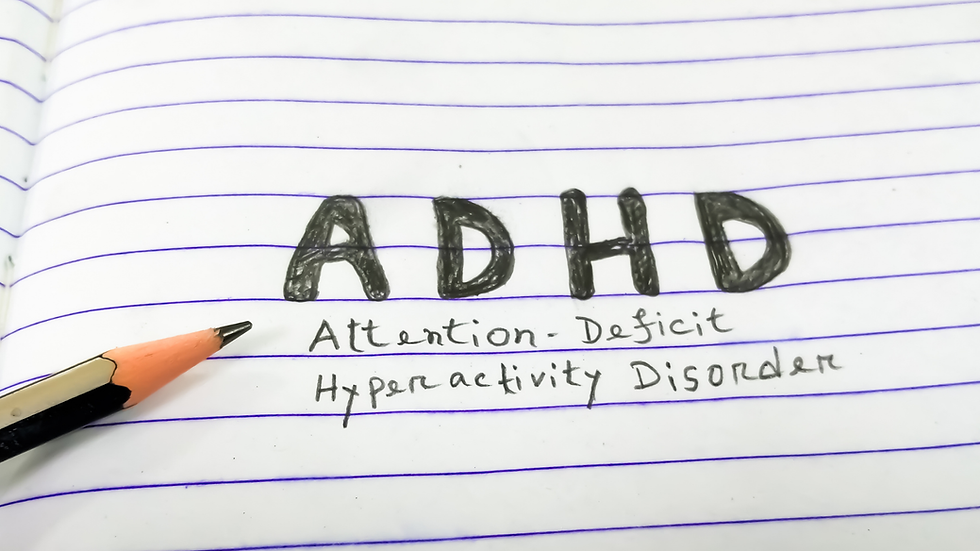Supporting New Mothers: Emotional Healing and Brain-Based Solutions
- Jolene Psychology and Hypnosis Centre

- Sep 19, 2025
- 4 min read

You brought your baby home, ready to start a beautiful new chapter. But instead of feeling the pure joy you expected, a heavy fog settled in. Maybe you feel extremely tired or fatigued even when you get a chance to rest. The simple act of holding your baby feels overwhelming, and you find yourself crying for no reason. You want to feel happy, but a wave of sadness and guilt washes over you, leaving you feeling like you're not good enough.
When you have a baby, it can feel like you’re losing parts of yourself — your freedom, your old identity, your sense of control. That loss can bring a kind of grief no one really talks about. It’s not grief in the way we usually imagine, but it’s still a mourning of who you used to be before life changed so drastically.
This isn’t what you planned, and it’s not what you expected. The "baby blues" everyone talks about are supposed to be temporary, but for you, these feelings are lingering. It’s not a sign of weakness or a failure to be a good mother. It’s a real, biological, and emotional experience that many new parents face.
The Weight of New Motherhood
Becoming a new parent is a massive shift in one’s life, and your body and brain are trying to catch up to this new way of living. After childbirth, your hormones are fluctuating wildly, which can significantly affect your mood and energy levels. On top of that, chronic sleep deprivation, which is a common reality for new parents, disrupts the brain’s ability to regulate emotions. The constant stress of new responsibilities, the pressure to be a "perfect" parent, and the feeling of isolation can all intensify these struggles.
As a result, you might notice symptoms that go beyond normal tiredness or sadness, such as:
Persistent feelings of sadness, emptiness, or guilt.
A complete loss of interest or pleasure in activities you once enjoyed.
Difficulty bonding with your baby.
Irritability or extreme mood swings.
Trouble sleeping or relaxing, even when your baby is asleep.
Feeling hopeless or overwhelmed, as if you're unable to cope.
Intrusive thoughts or feelings of worthlessness.
These symptoms are a sign that your brain and body need support, and they are not your fault. The good news is, with the right support, healing is absolutely possible.

How to Support a New Mother
If you're a friend, partner, or family member of a new mother, your support is invaluable. It takes a village to raise a child, and it takes a community to support a new parent.
Emotional Support
Listen without judgment. Let her share her feelings without trying to "fix" them. Just being heard can be a huge relief.
Reassure her it's okay to feel overwhelmed. Remind her that these feelings are common and not a sign of failure.
Encourage breaks and self-care. Gently suggest she take some time for herself and help make it happen.
Practical Help
Offer specific help. Instead of asking "What can I do?" offer to bring a meal, do a load of laundry, or run to the grocery store.
Care for the baby. Watch the baby for a while so she can rest, shower, or nap.
Accompany her to doctor visits if needed. Having someone there to help with the baby or just for moral support can make a big difference.
Social & Professional Support
Suggest professional help if you are concerned about her well-being. You can offer to help her find a therapist or support group.
Remind her she's not alone. Emphasize that her mental health is just as important as her physical health.
Educate Yourself
Learn about postpartum recovery and challenges. Knowing what she is going through can help you be more empathetic and supportive.
Know the signs of severe mood changes so you can help her get the support she needs.
When a mother feels calm and supported, the whole family thrives — with stronger bonds, healthier routines, and more joy in everyday life.
You Don't Have to Go Through This Alone
Remember, you are not alone, and this is not forever. Taking the first step toward healing can feel impossible, but even small actions can make a difference. Allow a friend to drop off a meal, ask a family member to watch the baby so you can take a nap, or simply tell someone you trust that you're having a difficult time.
With the right support, whether it's from a therapist, a community of other parents, or trying out approaches like neurofeedback—recovery is possible. You deserve to feel joy, and your baby deserves a happy, healthy you.
Asking for help is the first step toward healing, for both you and your baby.
Reach out to us at Jolene Psychology and Hypnosis Centre.
We’re here to support you with compassion, understanding, and proven approaches to help you heal and thrive in motherhood.
📞 088-273838 | 017-8163966
📍 Lot 3, First Floor, Lorong Tupai 1, Teck Guan Villa (Beside Merdeka Supermarket, Opposite Lido Plaza)



Comments